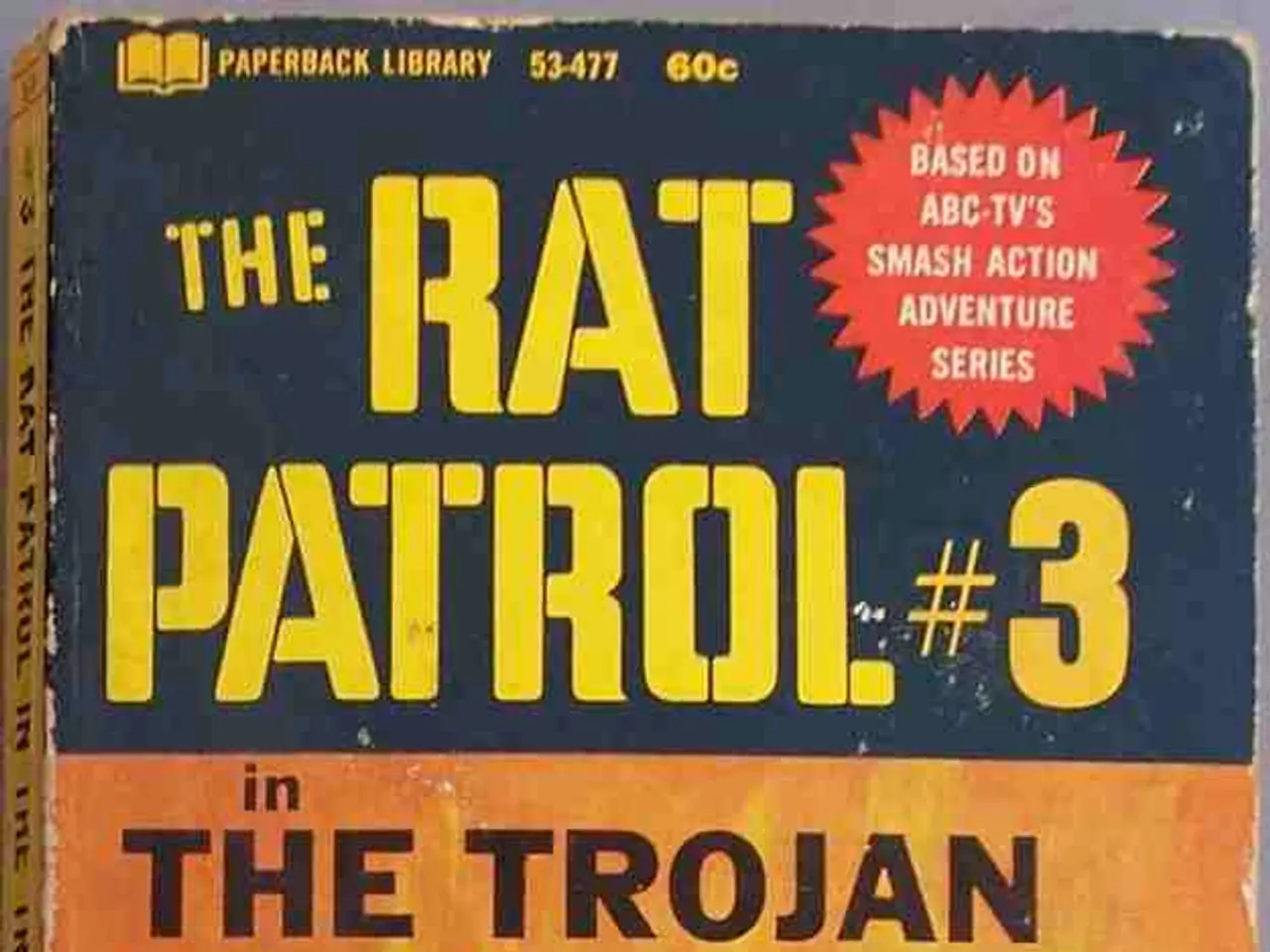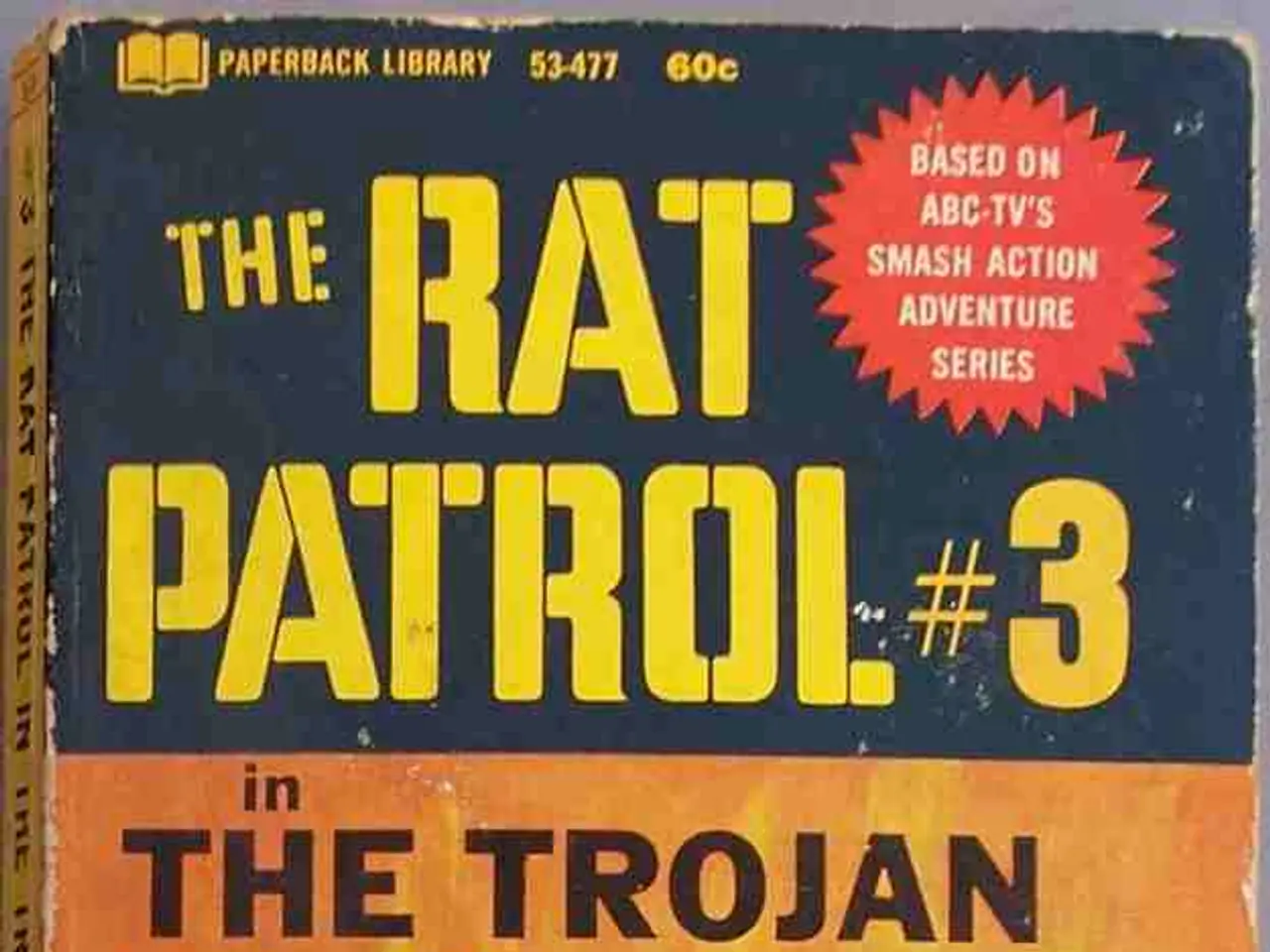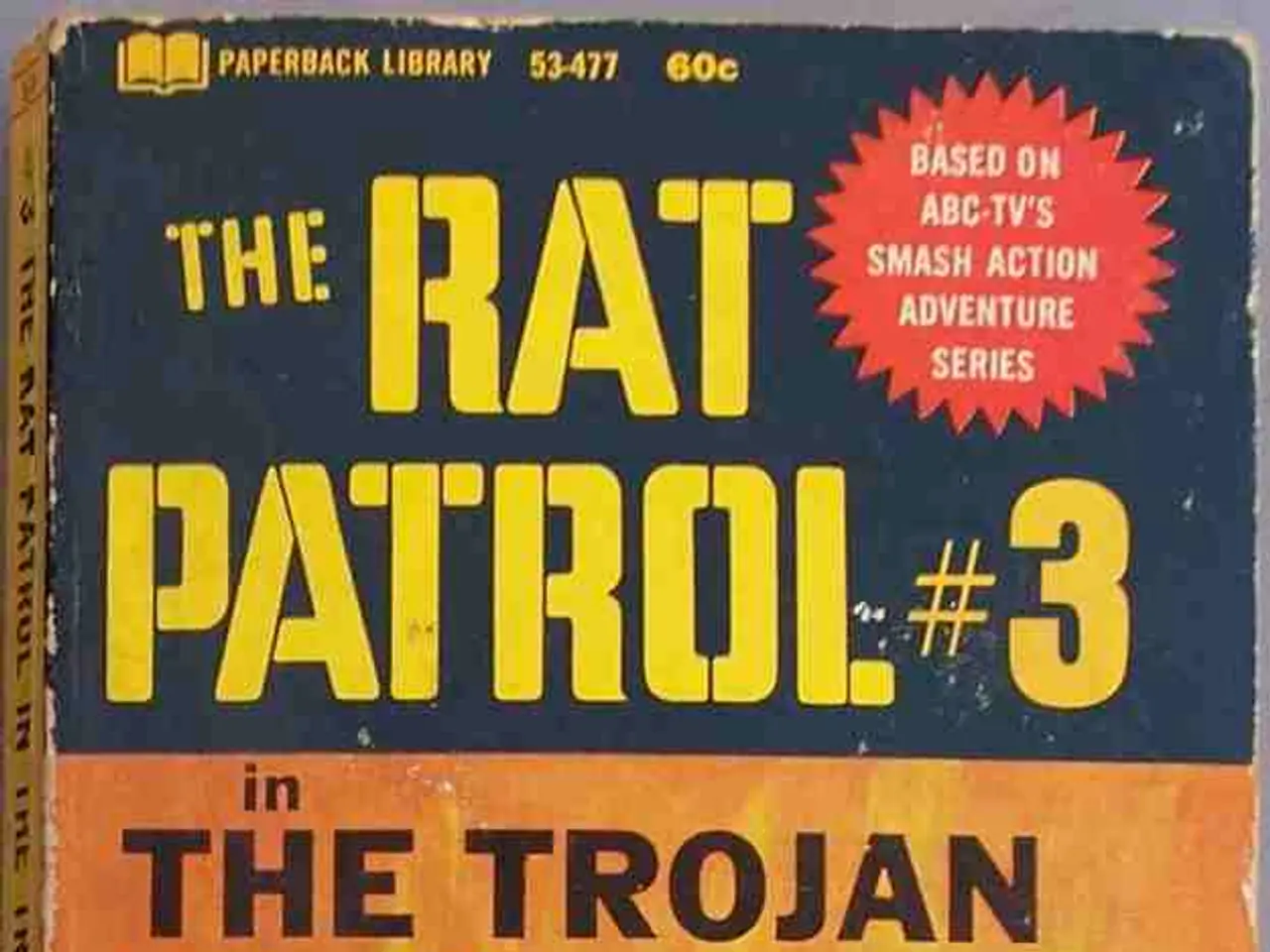Trump advocates for a complete termination - abandoned city of Tehran
Taking a Stance: The U.S. Steps Up Its Game in the Israel-Iran Conflict
In a dramatic turn of events, the U.S. is no longer just offering support to Israel. Fed up with Iran's relentless pursuit of nuclear weapons, President Trump has ordered direct attacks on several Iranian nuclear and military facilities. Accoding to White House sources, strikes on the Fordo, Natanz, and Isfahan facilities have been "very successful" [2][4][5].
These aggressive measures mark a significant shift in the conflict—a move from the earlier strategy of simply intercepting Iranian missiles to full-on military engagement against Tehran. Yet, this escalation has sparked strong opposition from Iran's Foreign Minister, Abbas Araghchi, who warned that US involvement could be "very, very dangerous for everybody," hinting at potential further escalations [1].
The Pivotal Role of the Fordo Nuclear Facility
The Fordo facility, a seemingly impregnable underground uranium enrichment site, holds critical importance in the ongoing Israel-Iran standoff. Israeli officials have long been urging the U.S. to take decisive action against Fordo, fearing that diplomatic delays could give Iran the opportunity to bolster its capabilities there [3].
Resistant to earlier Israeli and U.S. strikes, Fordo's resilience and advanced design make it a formidable target. By focusing on this site, the U.S. aims to hinder Iran's ability to produce the enriched uranium needed for nuclear weapons, directly impacting the broader conflict between Israel and Iran [2][3].
The bustling metropolis of Tehran has transformed into a ghost town following the waves of air strikes, with residents fleeing, supermarkets empty, and the internet severely restricted. As the dust settles, Israeli Defense Minister Israel Katz has publicly declared intentions for "very significant" new attacks, claiming they'll hit "more than ten nuclear targets in the vicinity of Tehran." [1]
Whether the U.S. chooses to deepen its involvement remains uncertain, with the ISraeli Defense Minister emphasizing that the Jewish state is currently conducting the fight with its own forces, while welcoming U.S. support [1]. The Obama administration's earlier assessment that Iran was "very close" to having a nuclear bomb has even been contradicted by Trump, who has taken a firm stance on the matter, stating, "Iran must not possess a nuclear weapon" [1].
As the Israel-Iran conflict continues to unfold, regional security dynamics are anxiously awaiting the outcome. With the lines between war and peace becoming increasingly blurred, one thing is certain: the bid to prevent Iran from developing nuclear weapons remains at the heart of the confrontation.
The U.S. politics and general news are centered around the recent attacks on Iran's Fordo nuclear facility, a pivotal site in the Israel-Iran conflict, as part of the intensifying war-and-conflicts between the two nations. The impregnable underground uranium enrichment site has been targeted by the U.S., with the aim of hindering Iran's ability to produce enriched uranium for nuclear weapons, reflecting the ongoing priority placed on preventing Iran from obtaining a nuclear weapon.





